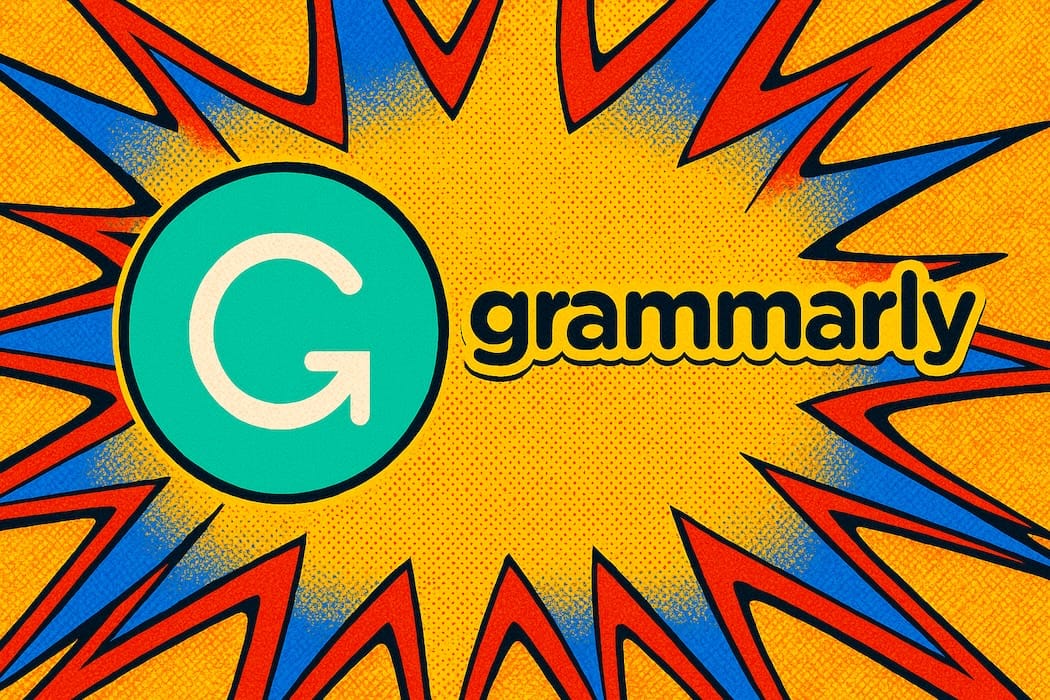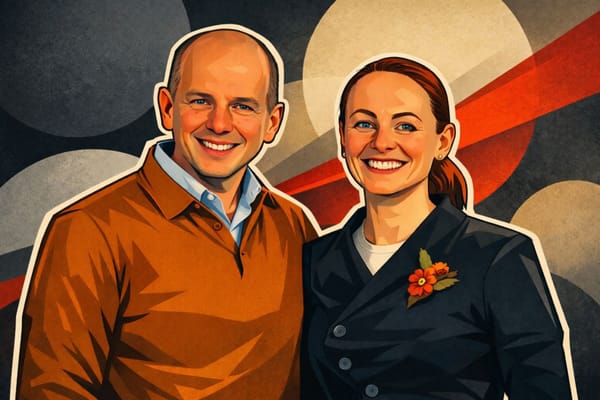Ukrainian-Founded Grammarly Acquires Superhuman to Build AI-Native Productivity Platform
The deal brings together two AI-driven productivity leaders and signals Grammarly’s broader ambition to evolve from writing assistant to multi-agent workplace platform.

KYIV, Ukraine — 1 July 2025
Grammarly, the AI writing assistant founded in Ukraine, is acquiring Superhuman, the streamlined email client built for speed and productivity. The companies announced the deal in a press release on 1 July 2025. Terms were not disclosed.
While both companies are now based in San Francisco, Grammarly’s origins trace back to Kyiv. Founded in 2009 by Ukrainian entrepreneurs Oleksii Shevchenko, Maksym Lytvyn, and Dmytro Lider, Grammarly remains the most valuable Ukrainian-founded tech company, with a $13 billion valuation as of 2021. This acquisition marks a strategic leap, integrating Superhuman into Grammarly’s broader vision to develop intelligent agents that work seamlessly across digital workflows.
“This is the future we’ve been building toward since day one: AI that works where people work, not where companies want them to work,” said Shishir Mehrotra, Grammarly’s CEO, in the company’s announcement. “With Superhuman, we can deliver that future to millions more professionals while giving our existing users another dimension for agent collaboration that simply doesn’t exist anywhere else.”
Email is already Grammarly’s most-used platform among professionals. Its AI assistant helps revise more than 50 million messages weekly across more than 20 email platforms. Acquiring Superhuman — known for its rapid, keyboard-driven interface and AI-powered features — gives Grammarly a native email product to showcase its expanding platform.
Founded in 2015, Superhuman has raised more than $110 million from investors including Andreessen Horowitz, IVP, and Tiger Global. It was last valued at $825 million in 2021. CEO Rahul Vohra will join Grammarly, along with more than 100 employees. The Superhuman brand and product will continue to operate independently under Grammarly’s umbrella.
“Email is the main communication tool for billions of people worldwide and the number-one use case for Grammarly customers,” Vohra said in Superhuman’s blog post. “By joining forces with Grammarly, we will invest even more in the core Superhuman experience, as well as create a new way of working where AI agents collaborate across the communication tools that we all use every day.”
The companies are aligned around the vision of “agentic AI” — a model in which autonomous digital assistants complete multi-step tasks on behalf of users. Rather than adding AI features piecemeal, Grammarly is building what it calls an “AI superhighway,” an infrastructure that supports hundreds of specialized agents across more than 500,000 websites and apps.
This future could involve agents working in tandem: one managing spelling and grammar, another checking CRM data, a third surfacing customer context, and a fourth optimizing tone and positioning — all while the user drafts a single message. Superhuman’s interface, where professionals already spend hours daily, becomes the natural hub for this multi-agent collaboration.
The acquisition follows Grammarly’s 2024 purchase of productivity platform Coda and a $1 billion non-dilutive investment from General Catalyst. Together, these moves signal Grammarly’s shift from writing tool to comprehensive productivity suite designed to bring AI into the heart of professional workflows.
For Grammarly, a company born in Kyiv and now helping shape the global future of work, the acquisition is more than strategic. It’s a full-circle moment for Ukraine’s tech diaspora — a testament to how local innovation can scale, evolve, and lead on the world stage.
Support UA Tech Journal
UA Tech Journal is an independent, reader-supported publication. Your donation helps us report on Ukraine’s startup ecosystem for a global audience.





